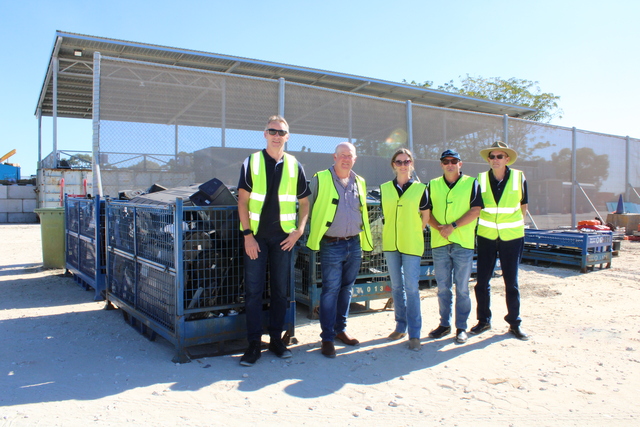In each edition we feature the views of a Local Government Association President. The following is from Mayor Lynn Mason, President of the Local Government Association of Tasmania.
Tasmanian Councils recently convened for their 90th Annual Conference, held over two days in Hobart. The Local Government Association of Tasmania holds its conference in conjunction with professional groups representing Managers, Engineers, and Community Development officers, to provide plentiful networking opportunities and to achieve economies of scale.
The theme of this year’s Conference was Youth and Local Government. The idea grew from the closing address at the 2001 Conference, where Peter Kenyon (Bank of Ideas) embarrassed us all by asking for a show of hands by those under 30 years of age. Despite some imaginative reckoning by a few brave souls (or perhaps they didn’t hear the question) there was not a large showing. It did not improve much when the barrier was raised to 40.
So this year every Council was invited to send special delegates between the ages of 18 and 25, selected on the basis of their interest in election to Council, or in a career in Local Government. A series of workshops concentrated on the interaction of young people with Councils; these were well attended by all delegates, experienced and novice.
Did it achieve anything? Councils in Tasmania go to elections in October: at that stage we will know if we have encouraged younger delegates to have a shot at election. Secondly, having 120 young delegates throughout the two days of activities certainly livened things up. But most importantly, it engaged all participants in healthy partnership dialogue.
The majority of elected members present learned more about specific concerns of housing, unemployment, youth space, health issues, environmental concerns, schooling, and recreational facilities. The young delegates learned about process, about making it happen so that the result will last longer than an icecream wrapper, and will satisfy most of the stakeholders. They learned about intergovernmental responsibilities, and they learned some political wisdom.
Local Government continues to be the level of government most truly representative of its community. Its strength lies in its ability to encourage and achieve participation from all ages and all backgrounds. But there is still some way to go in making it possible for the under represented groups to gain equity. This was just another exercise in ensuring that Local Government maintains its position as the primary democratic model of governance in Australia.







